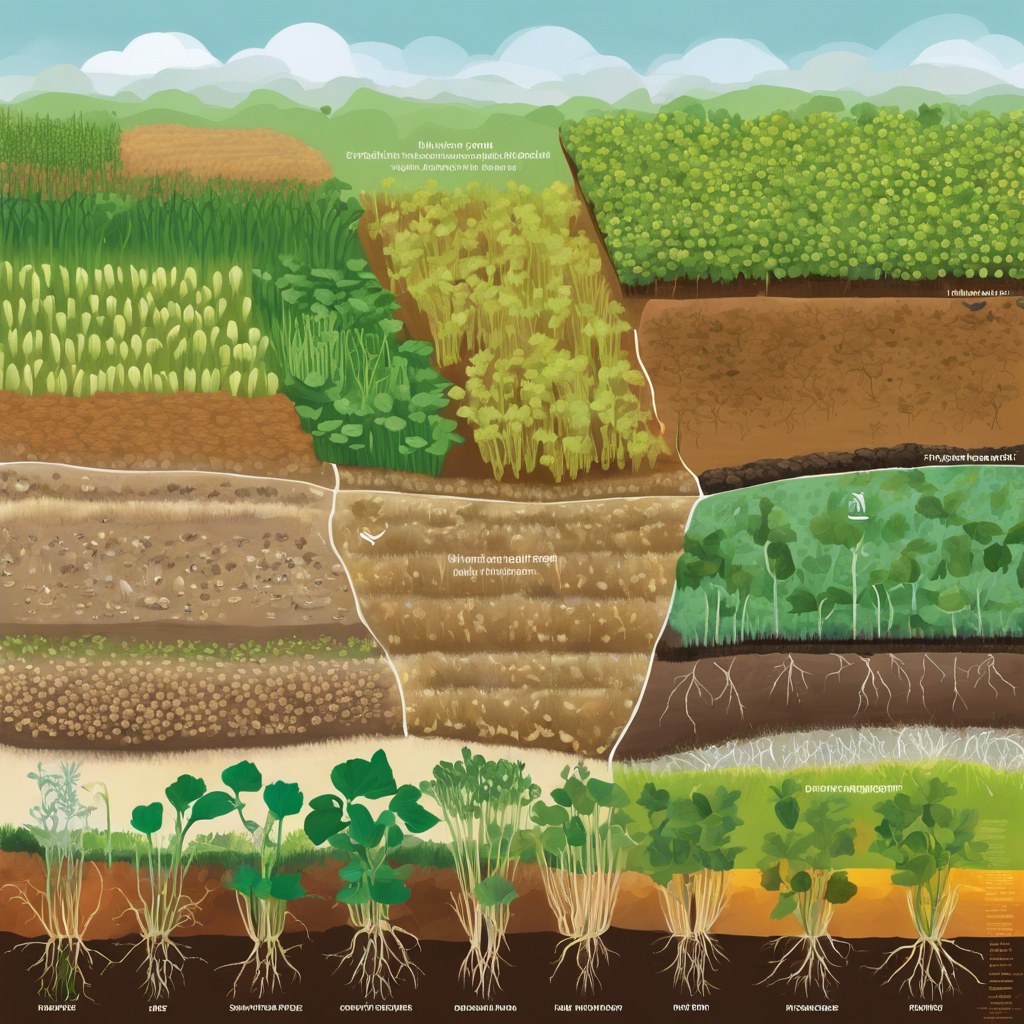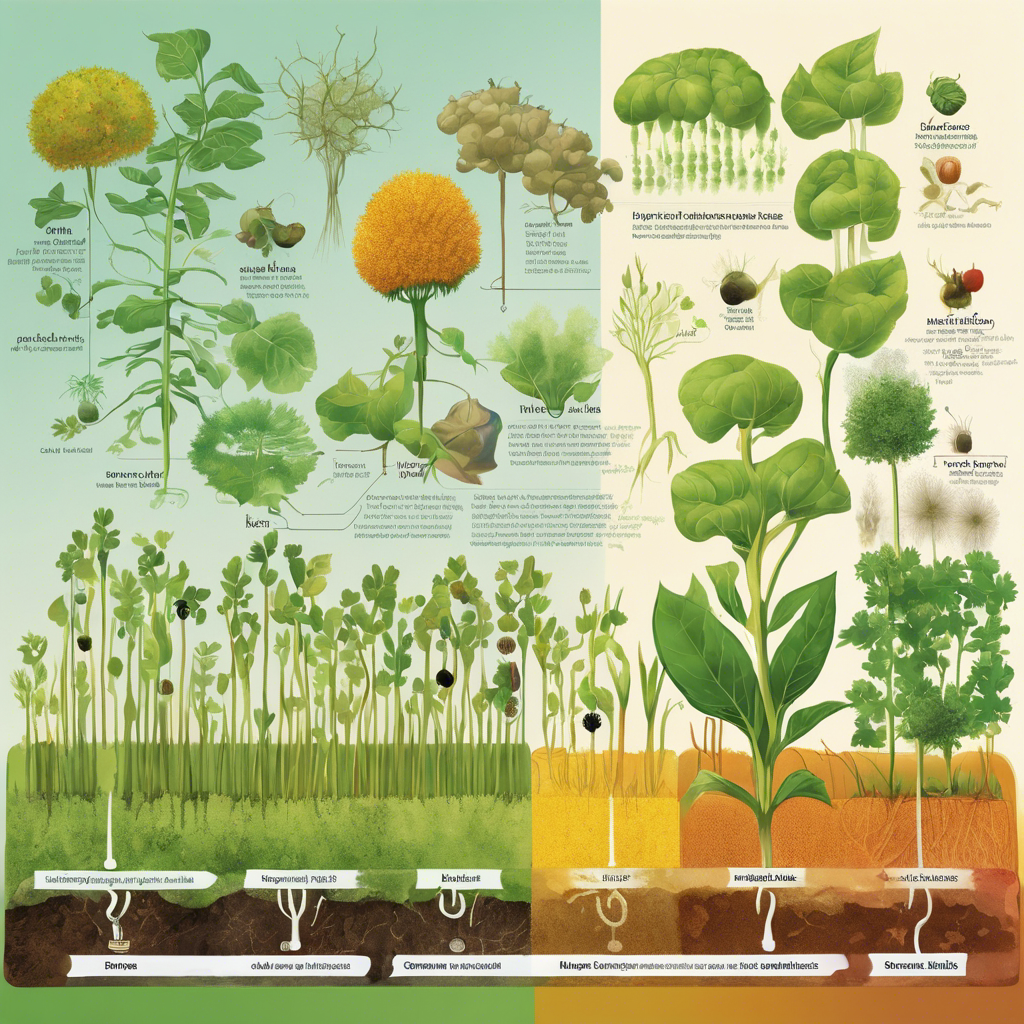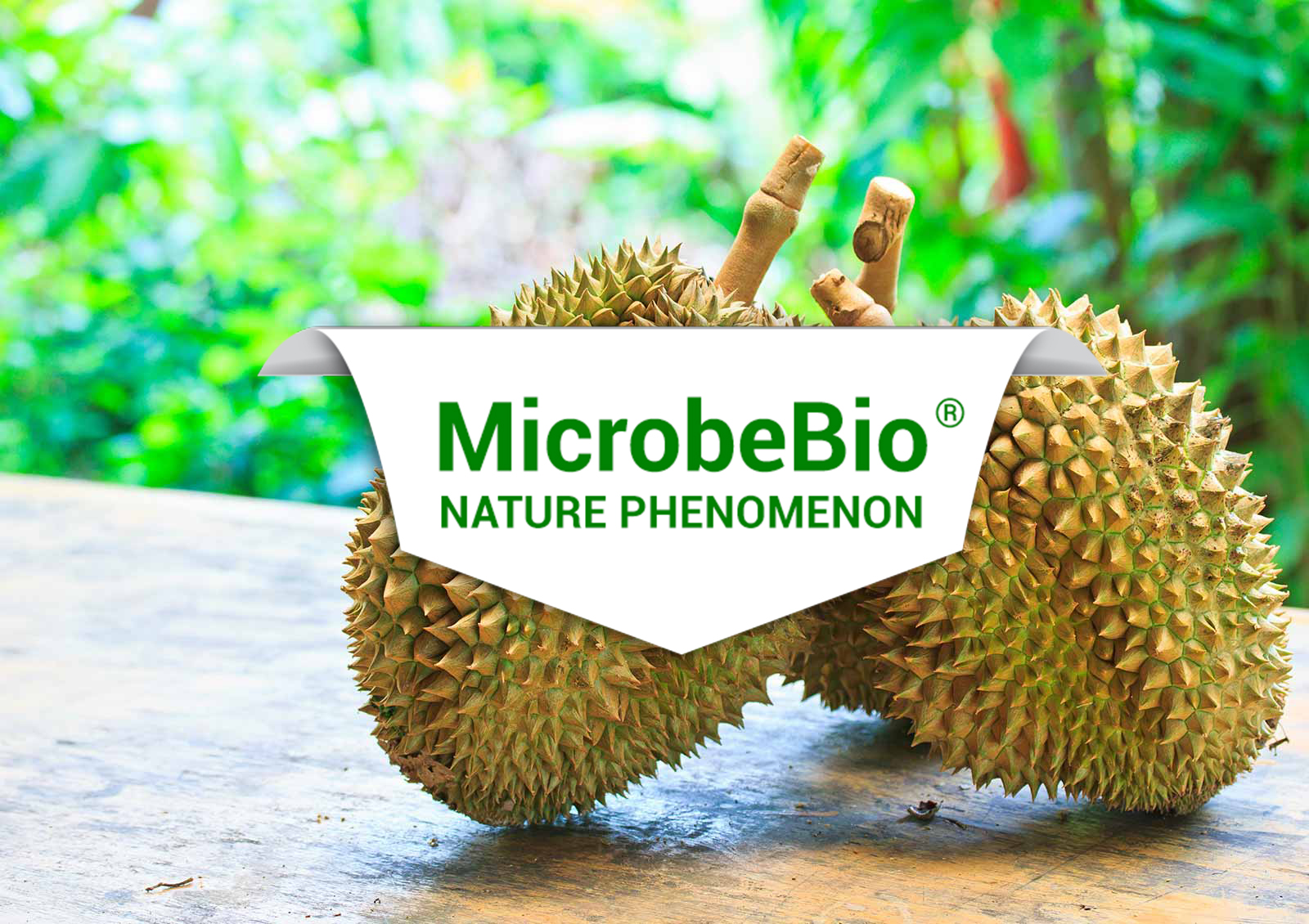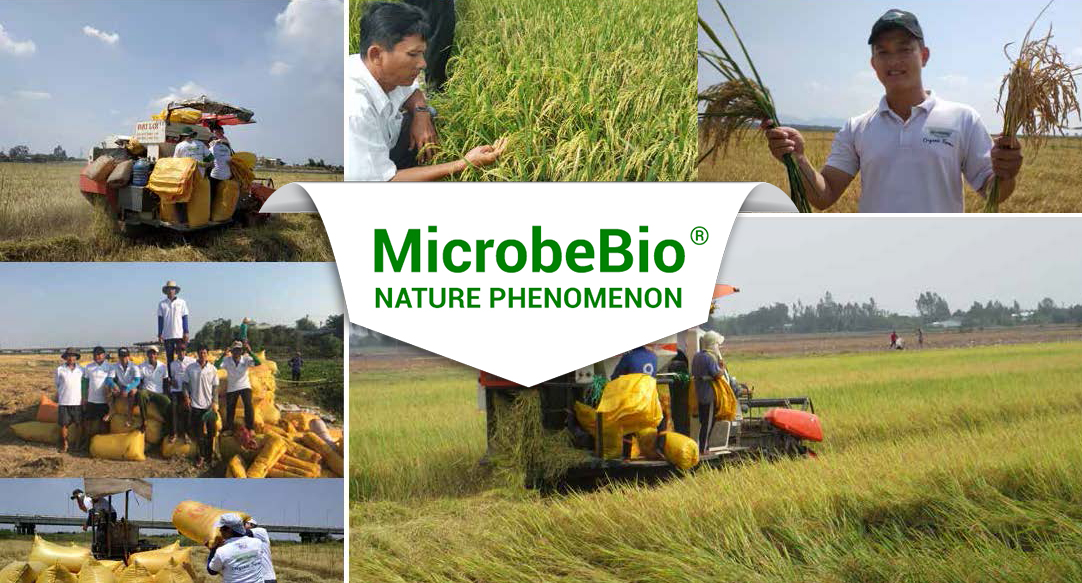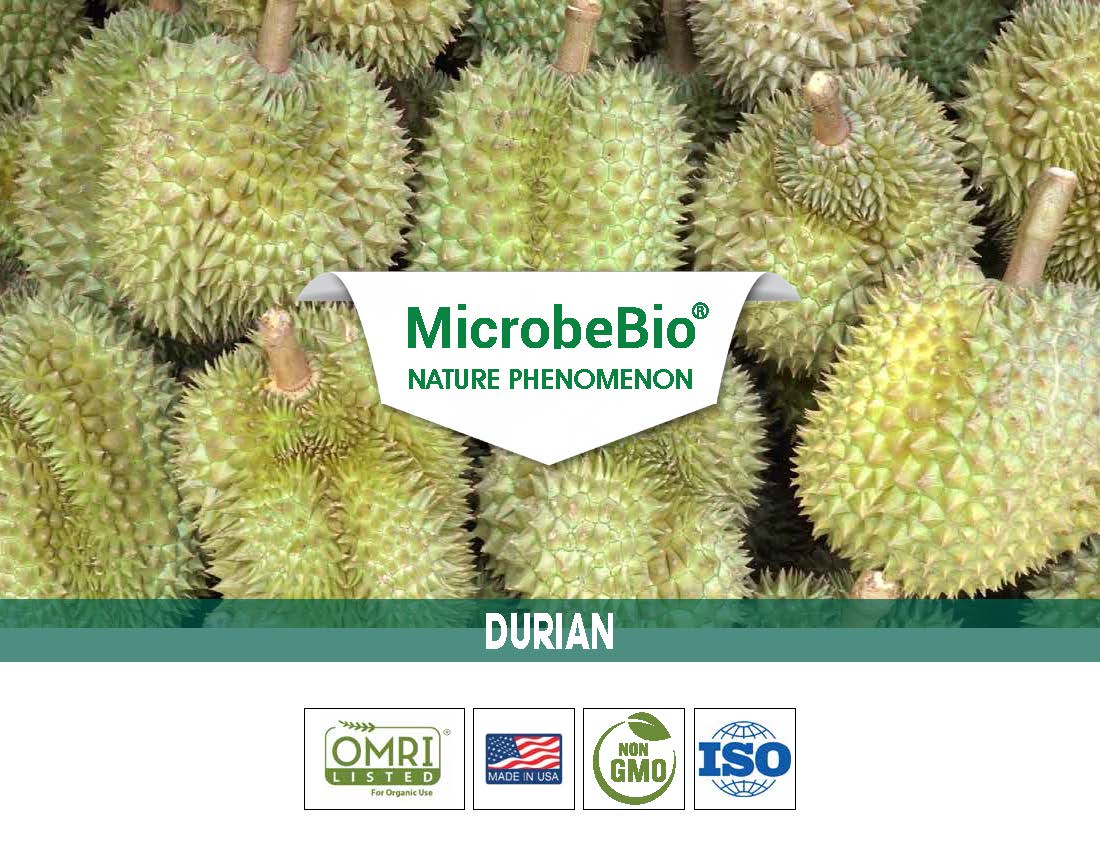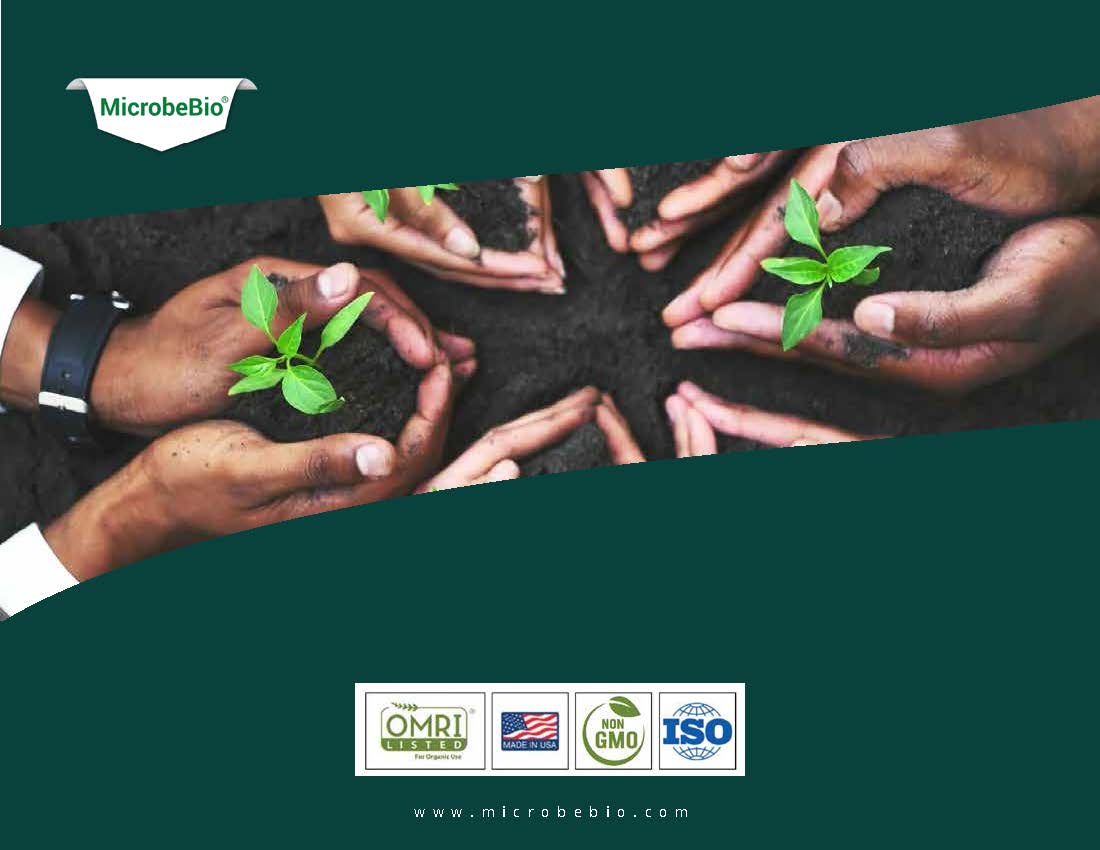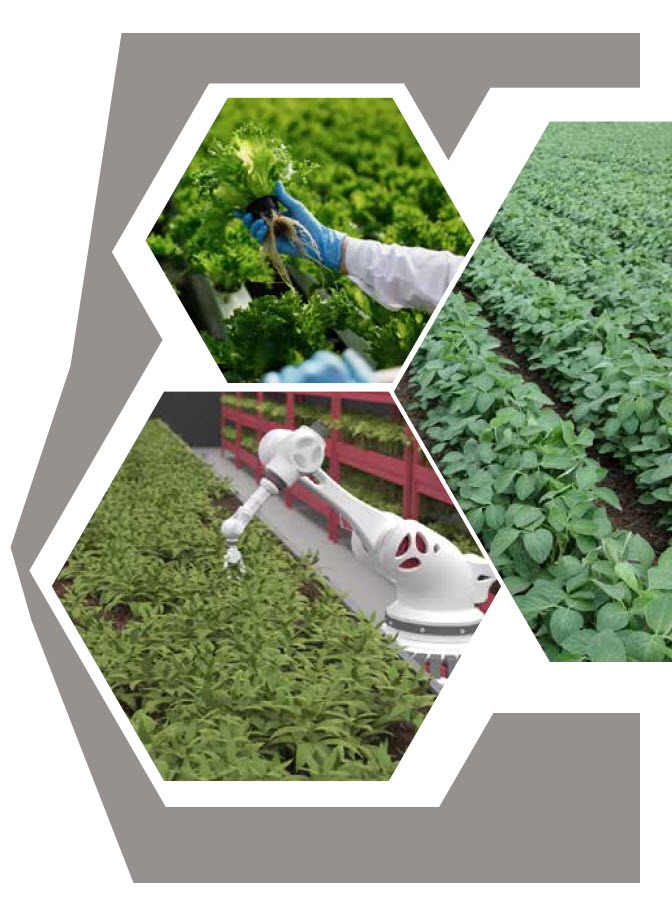
In the verdant landscapes of Vietnam, a shadow lingers from conflicts past. The use of Agent Orange has left a legacy of environmental devastation, contaminating lands and waterways, and challenging the health of ecosystems and communities alike. Addressing this deep-rooted issue, Microbebio emerges as a beacon of hope, leveraging cutting-edge biotechnological solutions. With its proprietary [...]
Read more
